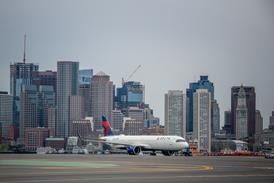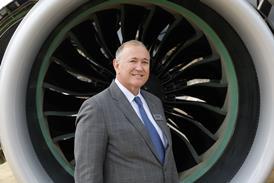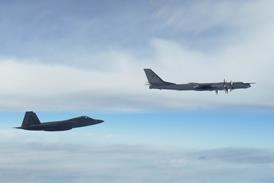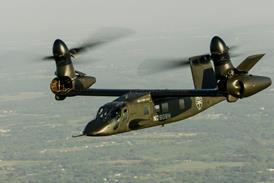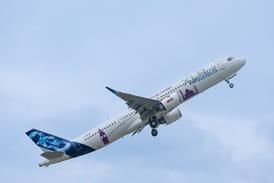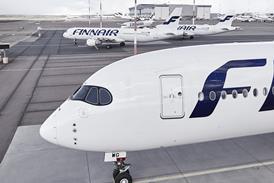Andrew Doyle/LONDON
THE THREAT OF a European ban on cadmium being extended to aerospace is forcing manufacturers to search for alternative anti-corrosion coatings.
Aerospace is exempt from an existing ban on cadmium, but this is likely to be revoked if studies into possible alternatives prove fruitful.
Cadmium is used primarily for coating steel and aluminium fasteners, making use of a series of properties, including:
nthe ability to corrode "sacrificially" without weakening the underlying metal;
nconsistent torque-tension characteristics, so that fasteners installed with the same force are equally tight;
nease of application, using electro-plating;
nelectrical conductivity, which can prevent "arcing" if an aircraft is struck by lightning;
nlow-volume corrosion products, so that fasteners do not jam.
Pressure to extend the ban to aerospace is based on the fact that, when cadmium corrodes, it is released into the atmosphere. Waste cadmium from the initial plating process can also be washed into water supplies, while worn-out components create their own disposal problems.
A major UK replacement effort is being led by British Aerospace Airbus, which uses cadmium components extensively in wing manufacture. Phil Harrison, research and technology manager responsible for environmental performance, says that, while the aerospace sector has been attempting to identify possible replacements "for some time", the task of meeting all the necessary properties has "...proved difficult".
BAe Airbus is one of more than 20 treatment suppliers and users taking part in the Replacement of Cadmium Plating project, a collaborative research programme managed by AEA Technology with funding from the UK Government.
The project is due to finish in March 1997, and will provide legislators with recommendations on the most suitable replacements for cadmium.
Allan Thomas, project manager at AEA Technology, believes that the solution lies in the use of a range of materials each suited to a particular application, rather than a universal substitute. "The number of applications where there is no possible alternative will be very small," he says.
Possible substitutes include electro-plated zinc coatings, which BAe Dynamics has found to be a viable alternative for fasteners, and ionic-vapour deposition using aluminium oxide.
The European research and technology group, GARTEUR, which is made up of companies from five nations, is looking at cadmium alternatives as one of 24 study areas. The areas include projects at Aerospatiale, Daimler-Benz Aerospace, Fokker, Shorts and Saab, as well as at BAe.
Source: Flight International


